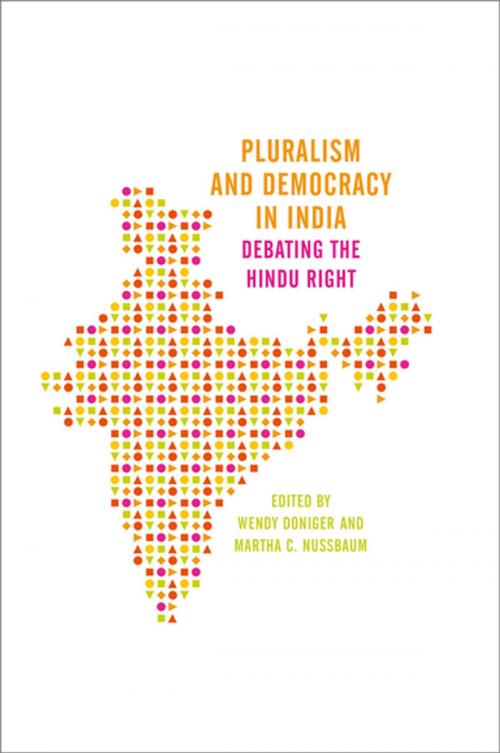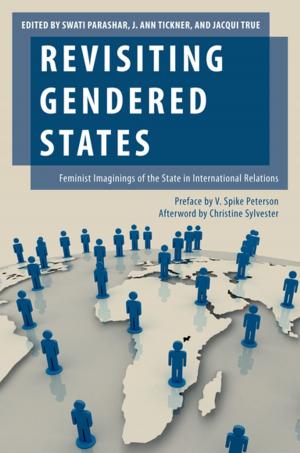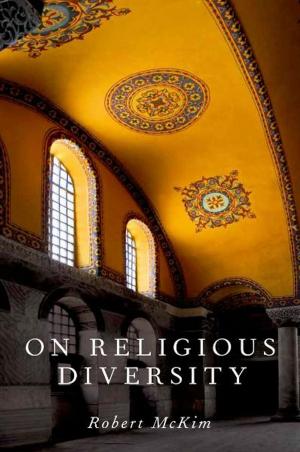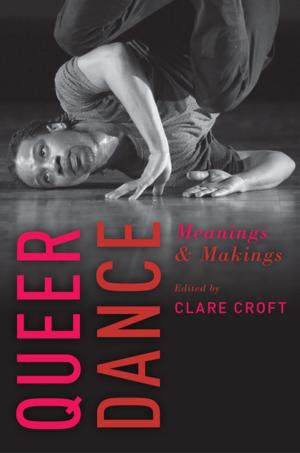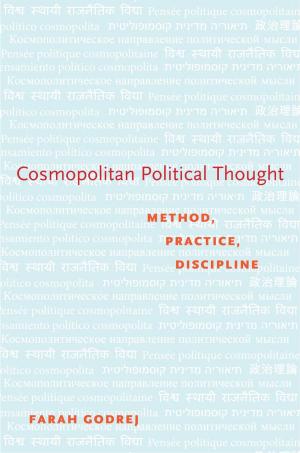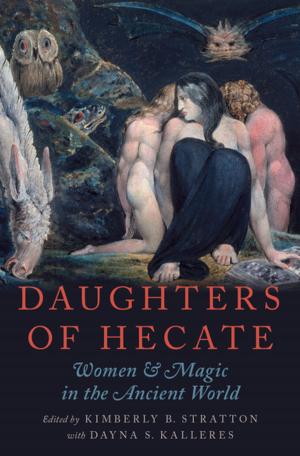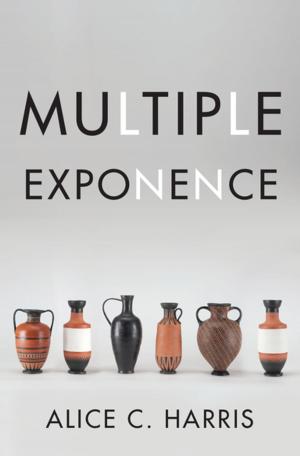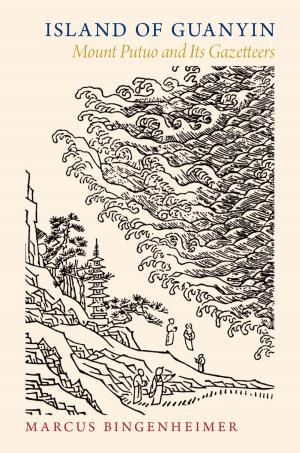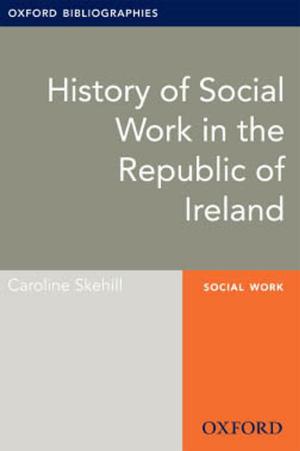Pluralism and Democracy in India
Debating the Hindu Right
Nonfiction, History, Asian, India, Religion & Spirituality, Eastern Religions, Hinduism, Social & Cultural Studies, Political Science, Government, Democracy| Author: | ISBN: | 9780199380930 | |
| Publisher: | Oxford University Press | Publication: | February 9, 2015 |
| Imprint: | Oxford University Press | Language: | English |
| Author: | |
| ISBN: | 9780199380930 |
| Publisher: | Oxford University Press |
| Publication: | February 9, 2015 |
| Imprint: | Oxford University Press |
| Language: | English |
Wendy Doniger and Martha Nussbaum bring together leading scholars from a wide array of disciplines to address a crucial question: How does the world's most populous democracy survive repeated assaults on its pluralistic values? India's stunning linguistic, cultural, and religious diversity has been supported since Independence by a political structure that emphasizes equal rights for all, and protects liberties of religion and speech. But a decent Constitution does not implement itself, and challenges to these core values repeatedly arise-most recently in the form of the Hindu Right movements of the twenty-first century that threatened to destabilize the nation and upend its core values, in the wake of a notorious pogrom in the state of Gujarat in which approximately 2000 Muslim civilians were killed. Focusing on this time of tension and threat, the essays in this volume consider how a pluralistic democracy managed to survive. They examine the role of political parties and movements, including the women's movement, as well as the role of the arts, the press, the media, and a historical legacy of pluralistic thought and critical argument. Featuring essays from eminent scholars in history, religious studies, political science, economics, women's studies, and media studies, Pluralism and Democracy in India offers an urgently needed case study in democratic survival. As Nehru said of India on the eve of Independence: ''These dreams are for India, but they are also for the world.'' The analysis this volume offers illuminates not only the past and future of one nation, but the prospects of democracy for all.
Wendy Doniger and Martha Nussbaum bring together leading scholars from a wide array of disciplines to address a crucial question: How does the world's most populous democracy survive repeated assaults on its pluralistic values? India's stunning linguistic, cultural, and religious diversity has been supported since Independence by a political structure that emphasizes equal rights for all, and protects liberties of religion and speech. But a decent Constitution does not implement itself, and challenges to these core values repeatedly arise-most recently in the form of the Hindu Right movements of the twenty-first century that threatened to destabilize the nation and upend its core values, in the wake of a notorious pogrom in the state of Gujarat in which approximately 2000 Muslim civilians were killed. Focusing on this time of tension and threat, the essays in this volume consider how a pluralistic democracy managed to survive. They examine the role of political parties and movements, including the women's movement, as well as the role of the arts, the press, the media, and a historical legacy of pluralistic thought and critical argument. Featuring essays from eminent scholars in history, religious studies, political science, economics, women's studies, and media studies, Pluralism and Democracy in India offers an urgently needed case study in democratic survival. As Nehru said of India on the eve of Independence: ''These dreams are for India, but they are also for the world.'' The analysis this volume offers illuminates not only the past and future of one nation, but the prospects of democracy for all.
